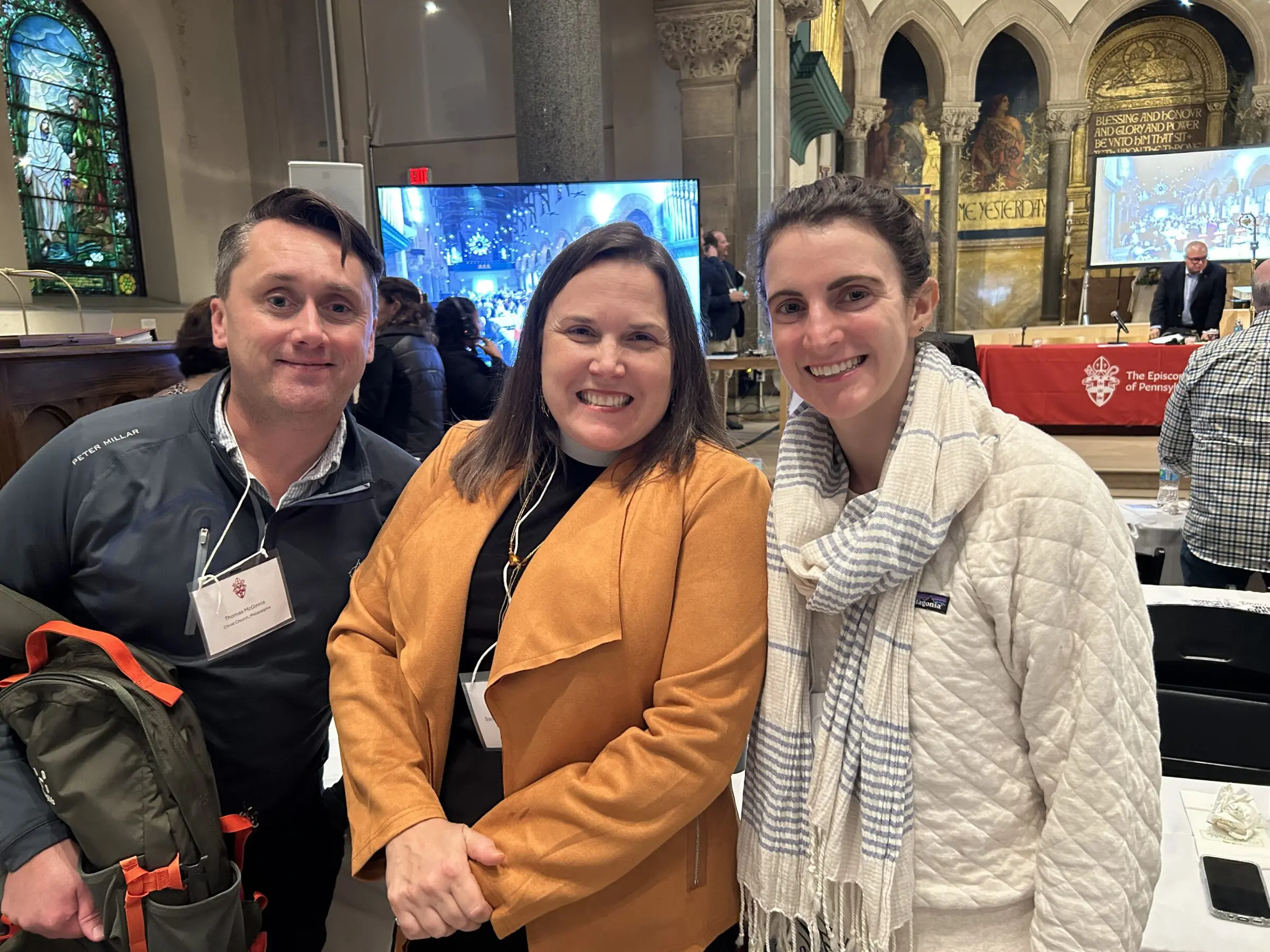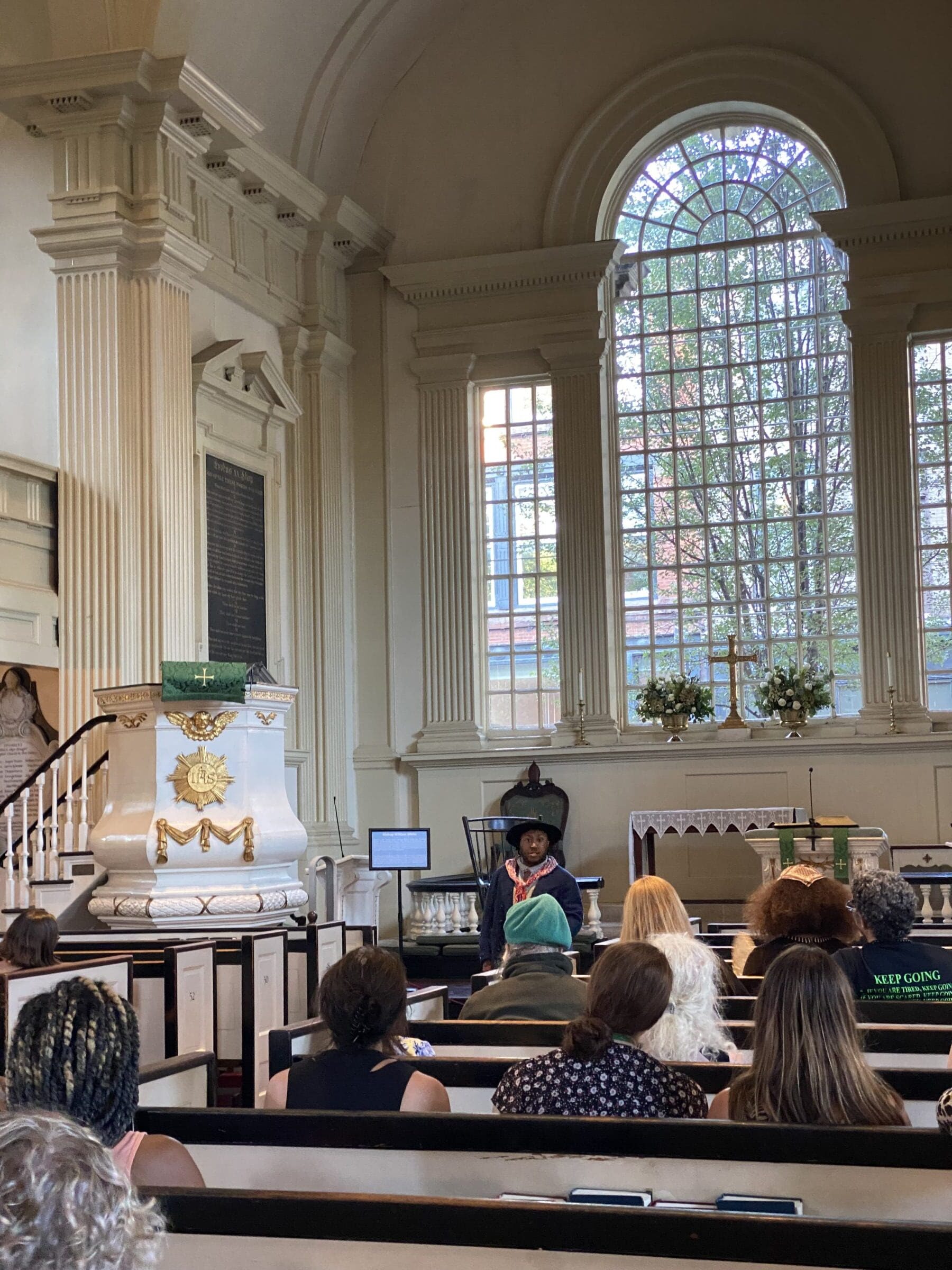Our Congregation
We welcome all people, from all walks of life, wherever they are on their journey of faith.
Worship is foundational to the life of Christ Church. It is the central meeting place where our parish gathers together in fellowship and praise. We gain solace from the bold teaching and engaging services we participate in throughout the week, and we look forward to continuing to experience the breadth of God’s grace with each other and our community. In addition to meaningful worship, we are a community that creates opportunity for our members to come together in supportive fellowship and meaningful encounters with God. We seek a future where our community is knit together across ages, races, economic backgrounds, and social locations, and where we can experience joy with another and in the presence of God. We are not – and never have been – a community that faces only inward. God is leading us out into the world, and we intend to follow. We have a number of programs that engage our community, open our doors to the neighborhood, and provide our members with opportunities for service. Christ Church is an affirming and inclusive community and our goal is to ensure that people feel not only a sense of welcome, but a sense of belonging.

“My mother was ahead of her time because she talked about the importance of the covenant of giving. She encouraged me to think about my commitment to God and his work and the needs of others. And to make my giving decisions based on God’s needs as I saw them.”
“I see us as stewards, temporary guardians for this wonderful and sacred place. I not only give to Christ Church for my personal connection to this historic place, but also for accepting me fully, for who I am and making me feel welcome every single Sunday I walk through those doors. For allowing me to participate fully in all the traditions. For reminding me that I belong to a wonderful community of people who love this place just as much as I do.”

Join Our Church
Christ Church is blessed to have members of all walks of life. Whether you are seeking a Sunday School for your child, a holy venue for your wedding, or simply a place to explore the questions of faith, Christ Church invites you to explore the lively possibilities within our historic walls.

